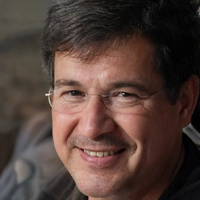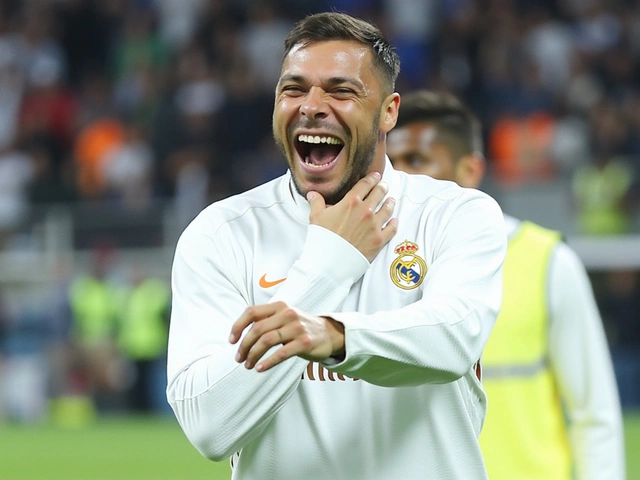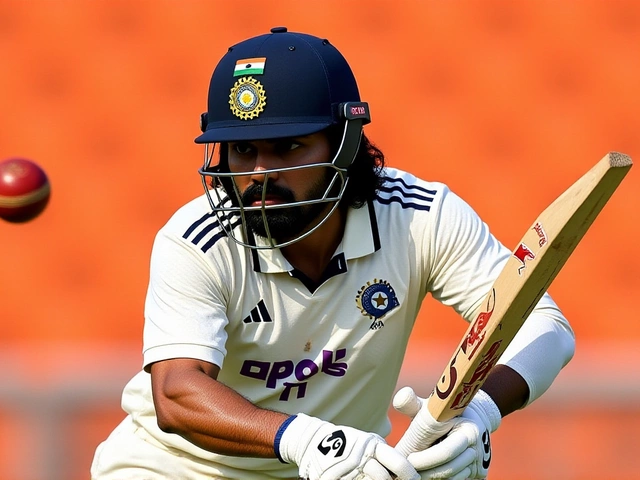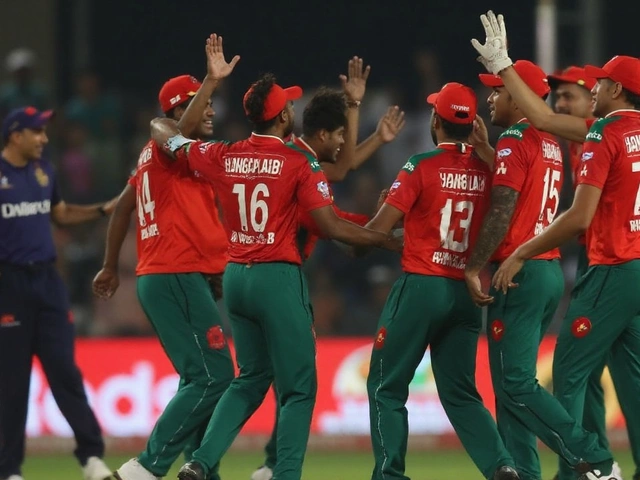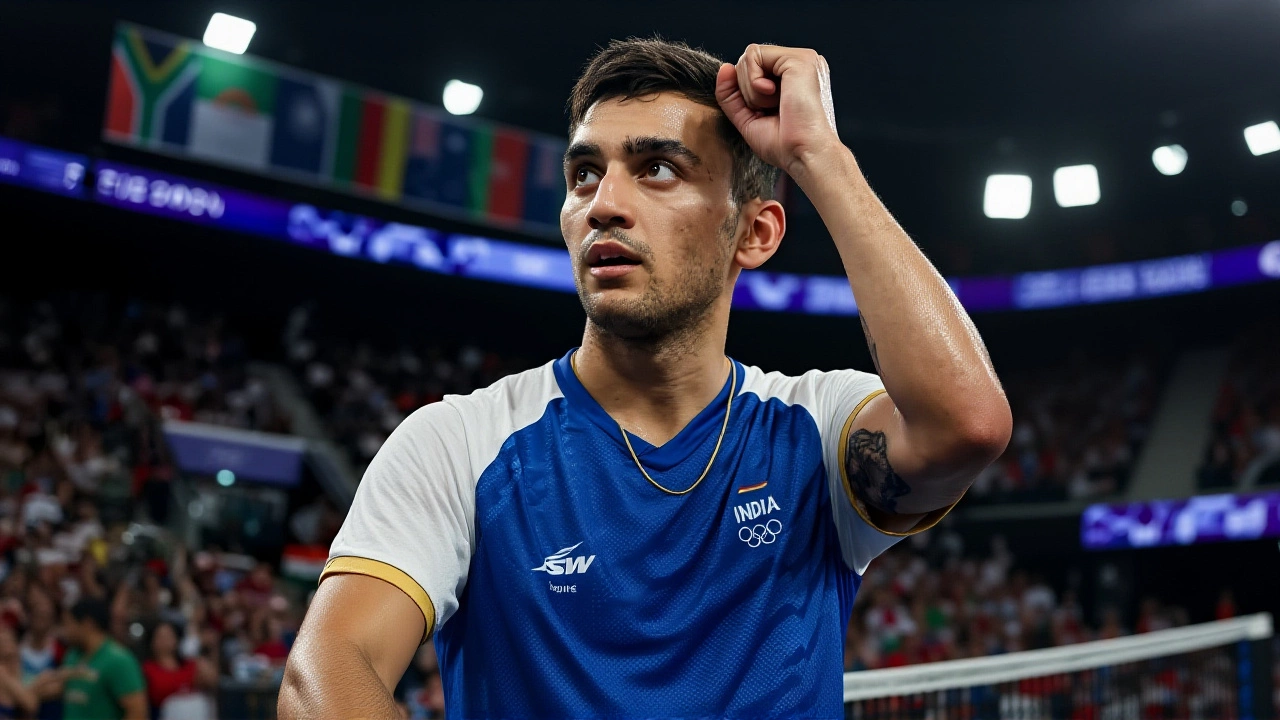
On Sunday, November 23, 2025, Lakshya Sen, the 24-year-old Indian badminton star ranked world No. 14, silenced doubts with a commanding 21-15, 21-11 win over Japan’s Yushi Tanaka in the men’s singles final of the SATHIO GROUP Australian Open Super 500Sydney Olympic Park. The match, over in just 38 minutes, wasn’t just a win—it was a statement. After a frustrating start to the 2025 season following his fourth-place finish at the Paris Olympics, Sen finally broke through for his first BWF title of the year, pocketing $475,000 and a much-needed confidence boost.
A Comeback Forged in Silence
Sen entered the tournament as the seventh seed. Tanaka, unseeded and fresh off two Super 300 titles in 2024, was the dark horse. But what unfolded wasn’t a surprise upset—it was a masterclass in composure. Sen didn’t overpower Tanaka; he outthought him. In the first game, Tanaka kept it tight, clawing back from 6-3 to 13-12. But Sen didn’t panic. He changed the rhythm—slowing down rallies, then exploding with sharp smashes that sent Tanaka scrambling. When Tanaka drove one into the net on game point, Sen didn’t celebrate. He just nodded. Like he’d expected it.
The second game was even more one-sided. Sen opened with a 11-5 lead at the interval, forcing Tanaka into unforced errors with relentless net pressure. By the time Sen had 10 championship points, the crowd was on its feet. He lost just one point on a net error before sealing it with a razor-thin cross-court return that kissed the sideline. The match ended at 6:38 PM Sydney time—precise, clinical, and utterly decisive.
The Gesture That Said It All
After the final shuttlecock landed, Sen did something quiet but powerful. He placed both index fingers to his ears—a gesture he’s used before, but never with this weight. It meant: shut out the noise. The noise of critics who said he’d lost his edge after Paris. The noise of expectations from a nation that sees him as its next badminton icon. The noise of his own doubts.
Then came the embrace. His coach, Yoo Yong-sung, the South Korean veteran who’s helped reshape Sen’s game since 2022, rushed onto the court. And behind him, in the stands, Sen’s father, DK Sen, wiped his eyes. They’d watched him struggle through losses in Malaysia, Indonesia, and even the Asian Championships earlier this year. This win? It wasn’t just for him. It was for them.
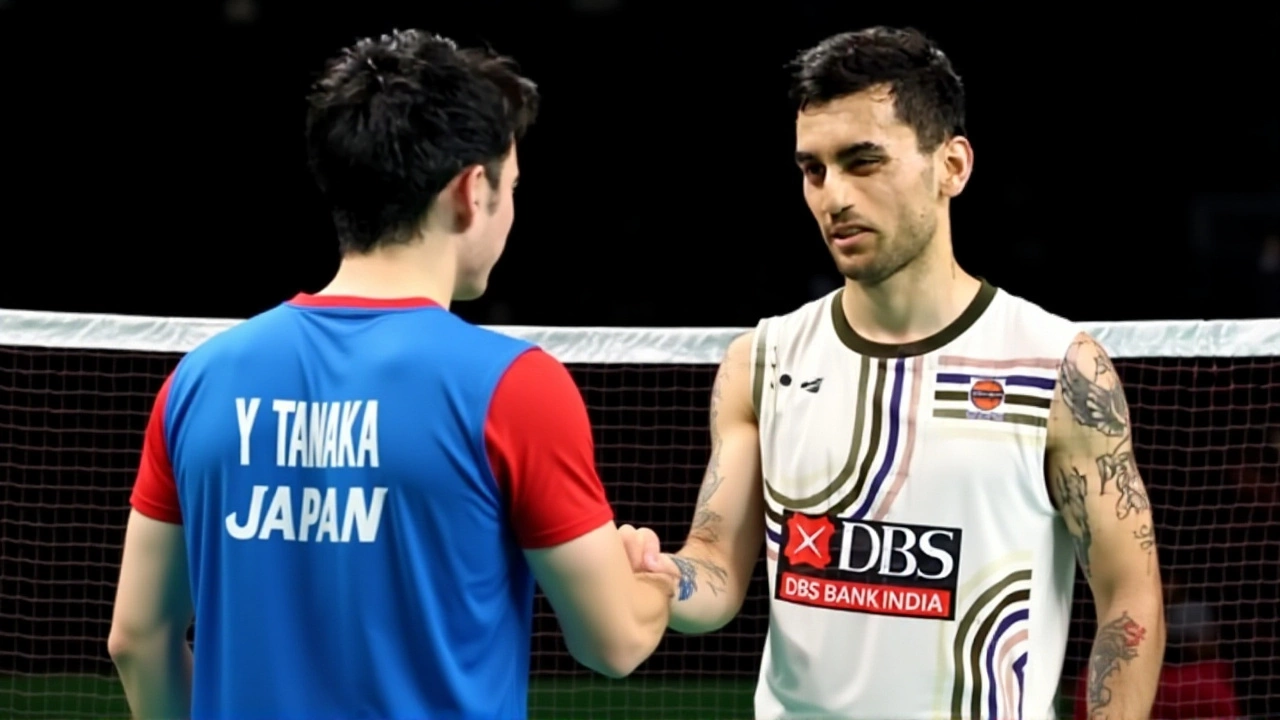
"One Point at a Time"
"It was important to have a good start, and keep the momentum in the last set because it was quite even in the first one," Sen told reporters afterward. "I got a good lead and I could finish it off. The second set started on a good note and then I just kept the lead to finish the match."
When asked about the mental pressure of leading by 11-5, he didn’t talk about winning. He talked about staying present.
"In the second set I was quite far off in the lead, but I didn’t want to get too inside my head so I wouldn’t relax too much. In the back of my mind it was there but I was just trying to focus on playing one point at a time."
That’s the hallmark of a champion—not the flashiest smashes, but the discipline to not let the scoreboard dictate his mind.
What This Means for Indian Badminton
Sen is India’s top male singles player, and this win comes at a critical moment. With Sai Praneeth and Kidambi Srikanth past their primes, and younger talents still developing, Sen is the linchpin. This title lifts him from No. 14 toward the top 10—potentially into Olympic qualifying contention for Los Angeles 2028.
The Badminton World Federation has been pushing for more competitive depth in men’s singles, and Sen’s resurgence adds vital momentum. His win also highlights the growing influence of foreign coaching in Indian badminton—Yoo Yong-sung’s tactical discipline has clearly transformed Sen’s game from explosive but erratic to controlled and lethal.
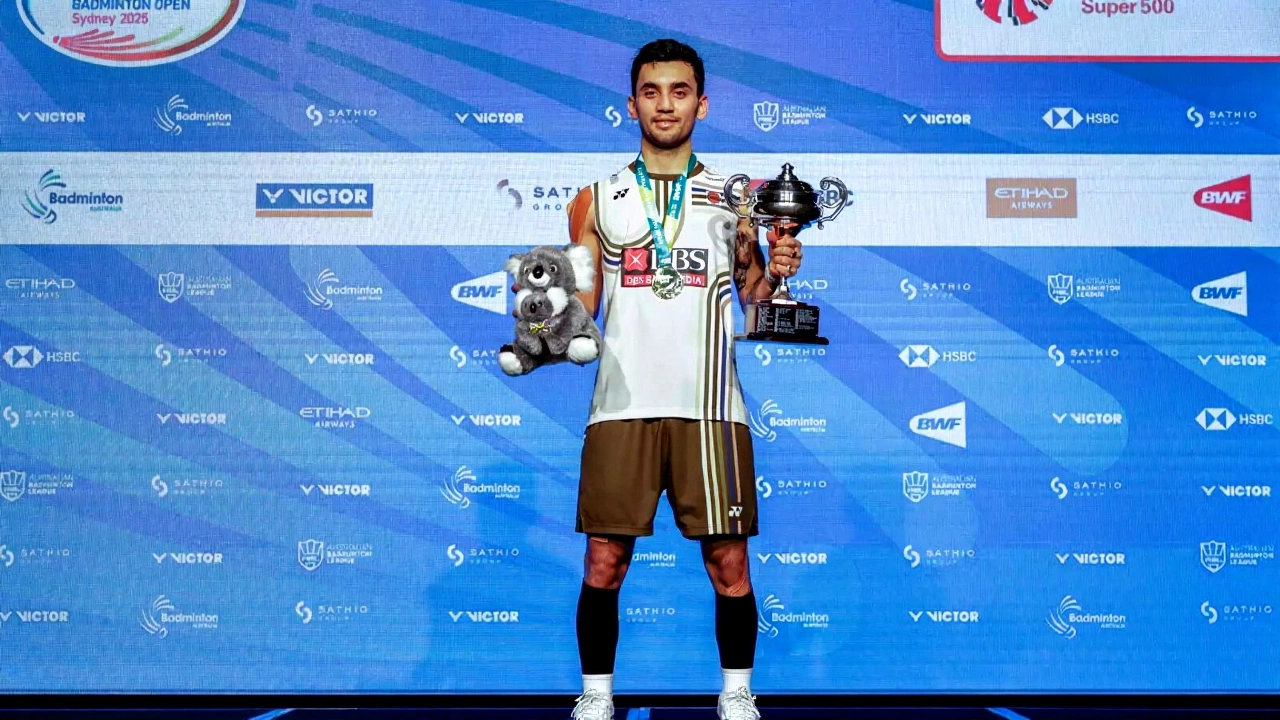
What’s Next?
Sen now heads into the Indonesia Open Super 750 in December, followed by the Hong Kong Open and the season-ending World Tour Finals. His confidence is high, but the field is tougher. China’s Li Shifeng, Denmark’s Viktor Axelsen, and Indonesia’s Jonatan Christie are all in peak form. But if Sen can maintain this level of focus, he’s no longer just a contender—he’s a threat.
For now, though, he’s savoring it. The win wasn’t just about ranking points. It was about proving that even after the darkest stretches, the best players don’t quit. They just keep playing one point at a time.
Frequently Asked Questions
How significant is this win for Lakshya Sen’s career?
This is Sen’s first BWF title of 2025 and his first major win since the 2022 Commonwealth Games gold. It’s his 10th career singles title overall, and it ends a seven-month drought since his last final appearance. More importantly, it moves him closer to the top 10 in world rankings—potentially securing direct entry into next year’s Olympic qualifiers and high-profile tournaments.
Why did Sen’s gesture of putting fingers to his ears matter?
The gesture is Sen’s personal ritual to block out external pressure—media criticism, fan expectations, or self-doubt. After a season marked by early exits and public scrutiny following his Olympic disappointment, this act symbolized reclaiming mental control. His coach Yoo Yong-sung confirmed it’s a routine Sen uses before crucial matches to reset his focus.
How does this result affect India’s badminton prospects for the 2028 Olympics?
With Sen’s ranking likely to climb into the top 10, India gains a strong singles contender for Los Angeles 2028. Currently, only one Indian male player qualifies automatically per event, and Sen is now the clear frontrunner. His win also boosts funding and visibility for junior programs, potentially sparking a new generation of talent under the Indian Badminton League’s revamped development scheme.
Who is Yushi Tanaka, and why was this match considered an upset?
Tanaka, 22, is a rising Japanese player who won two Super 300 titles in 2024 but had never beaten a top-15 player before this tournament. Ranked 26th, he entered as an unseeded underdog. While he pushed Sen in the first game, his aggressive style lacked consistency under pressure. This was his first Super 500 final, and Sen’s experience in big matches proved decisive.
What role did coach Yoo Yong-sung play in Sen’s turnaround?
Yoo, a former Olympic medalist from South Korea, took over as Sen’s head coach in 2022 and restructured his game around defensive patience and tactical variation. Before Yoo, Sen relied heavily on power. Now, he’s known for his deceptive drop shots and ability to extend rallies. Yoo’s influence was clear in Sen’s composure under pressure—something Indian coaches had struggled to instill in him during earlier phases of his career.
How does the prize money from this win compare to other BWF events?
The $475,000 prize pool places the Australian Open Super 500 as the third-highest paying tournament in the BWF World Tour’s 500-tier category, behind only the Denmark Open and China Open. Sen’s winner’s share is approximately $71,250—more than he earned in his last three tournaments combined. For context, a Super 1000 winner gets around $110,000, but this win gives him momentum and ranking points that could lead to higher-stakes matches.
